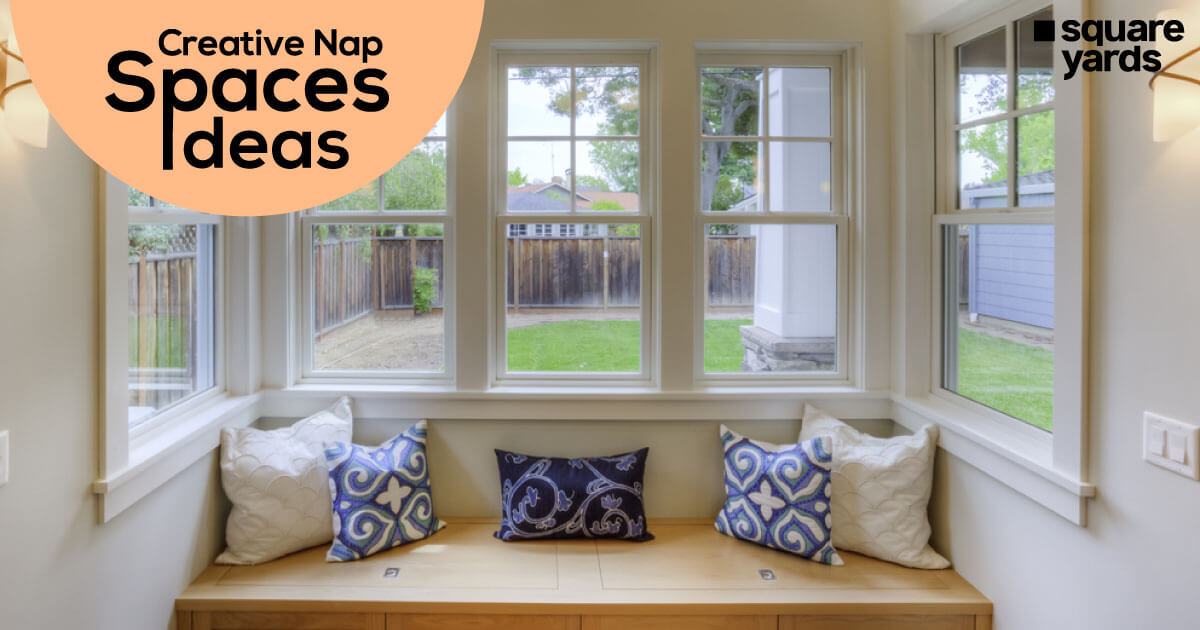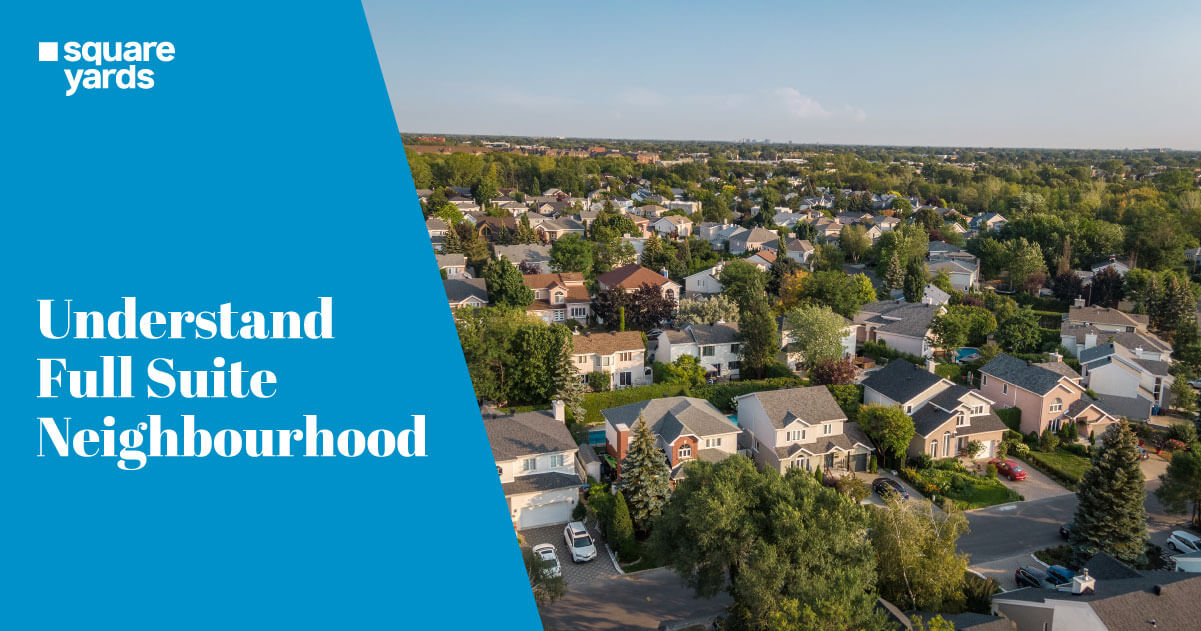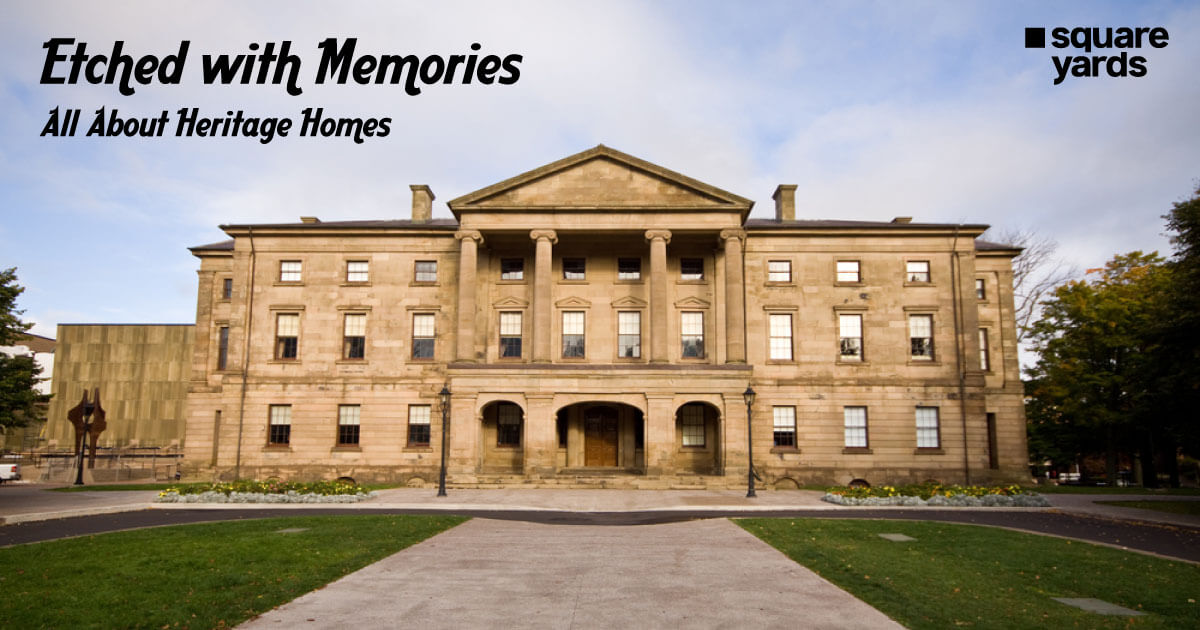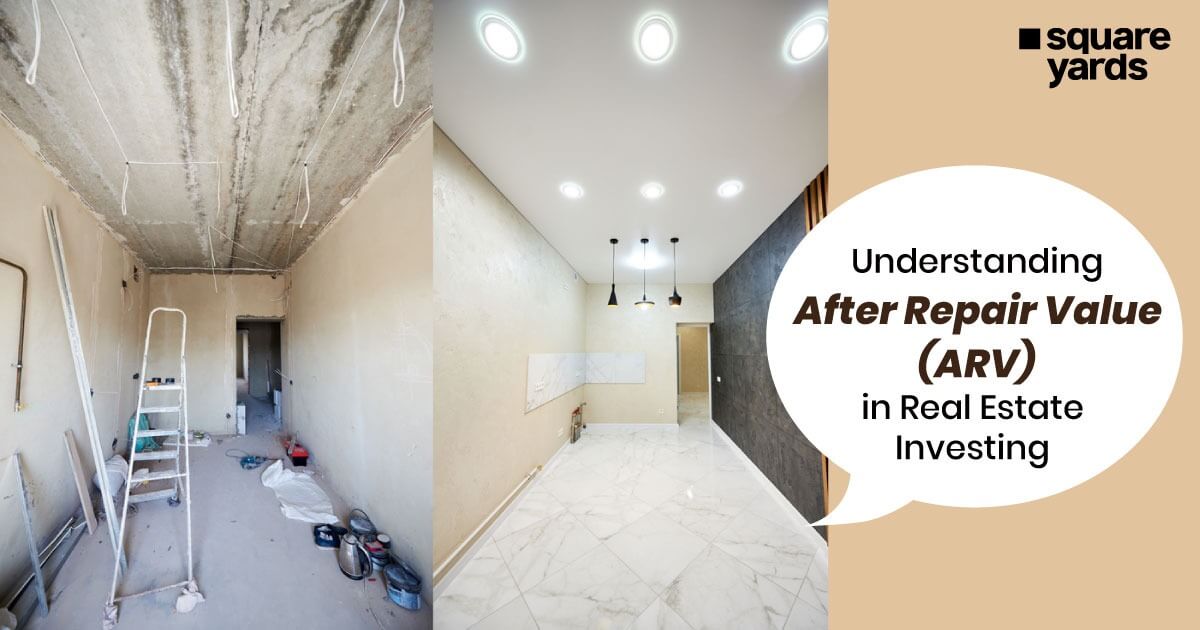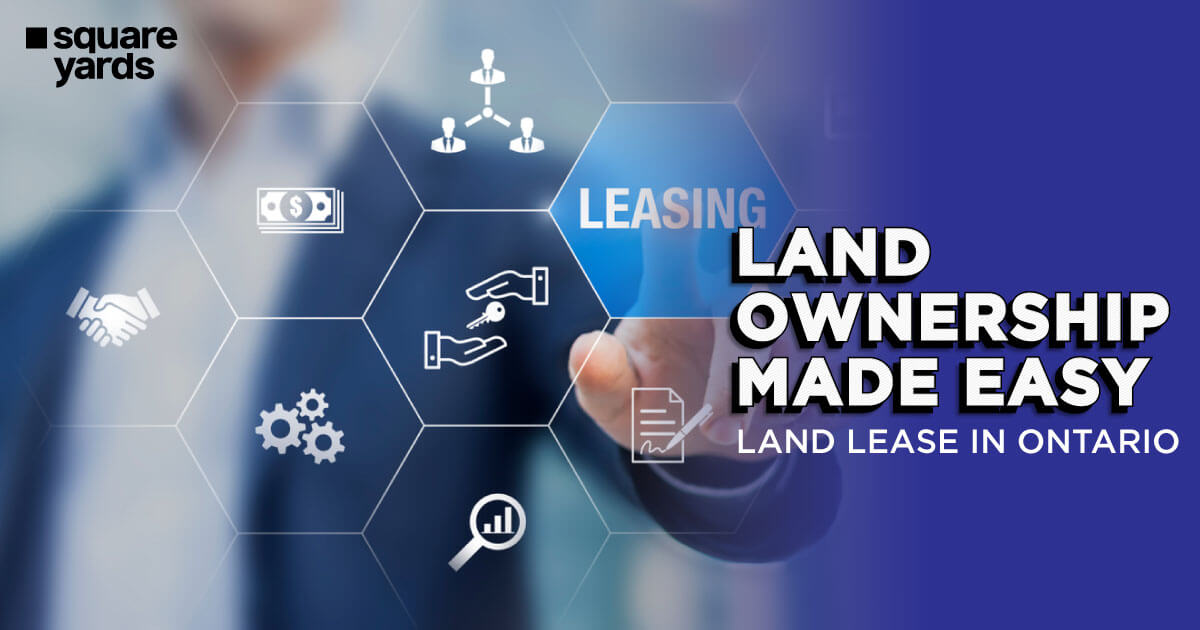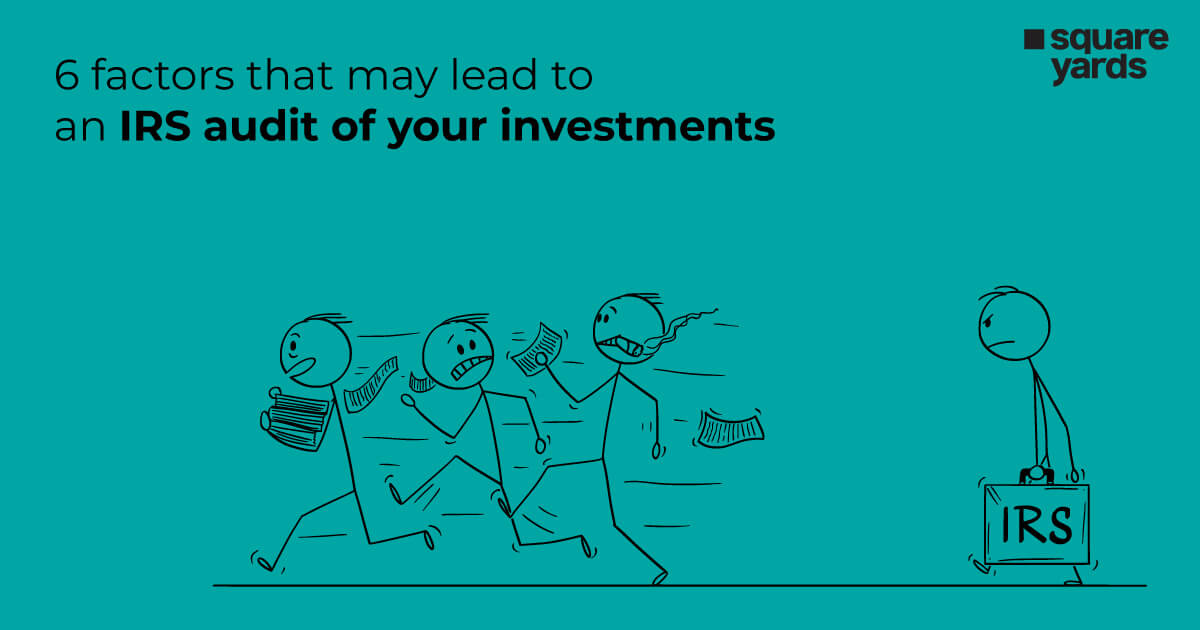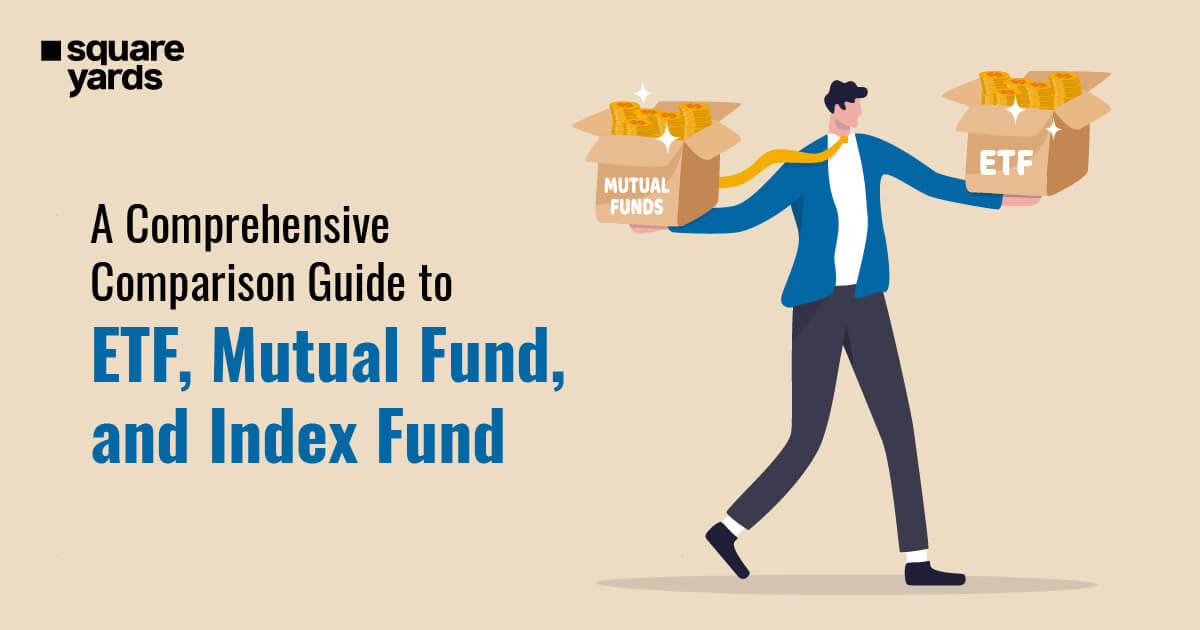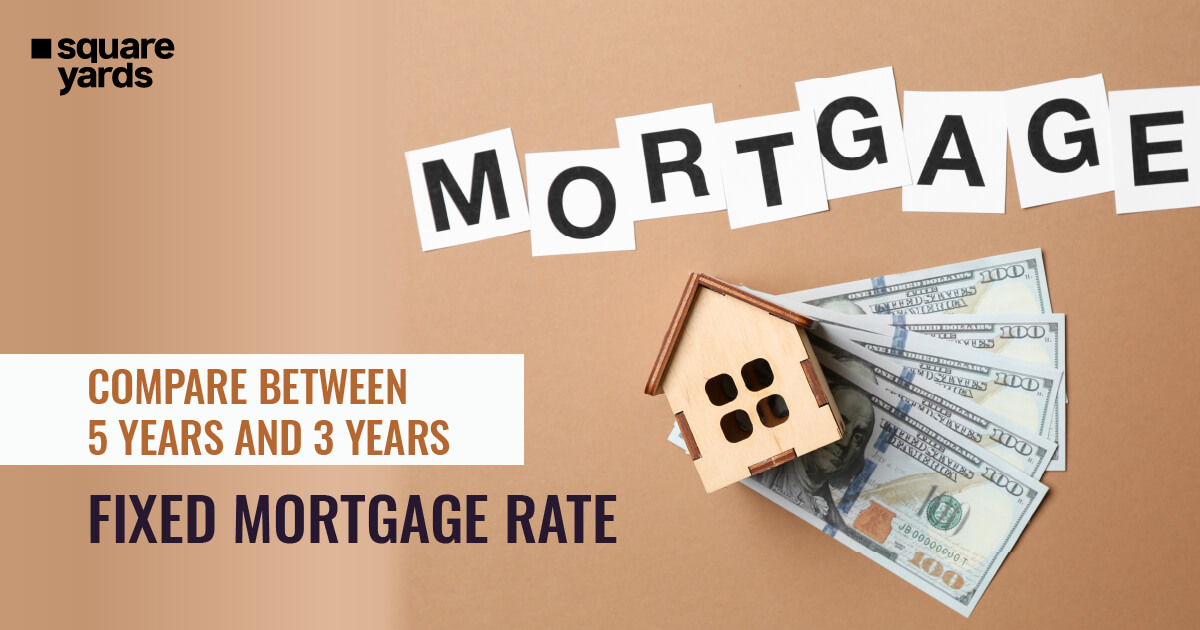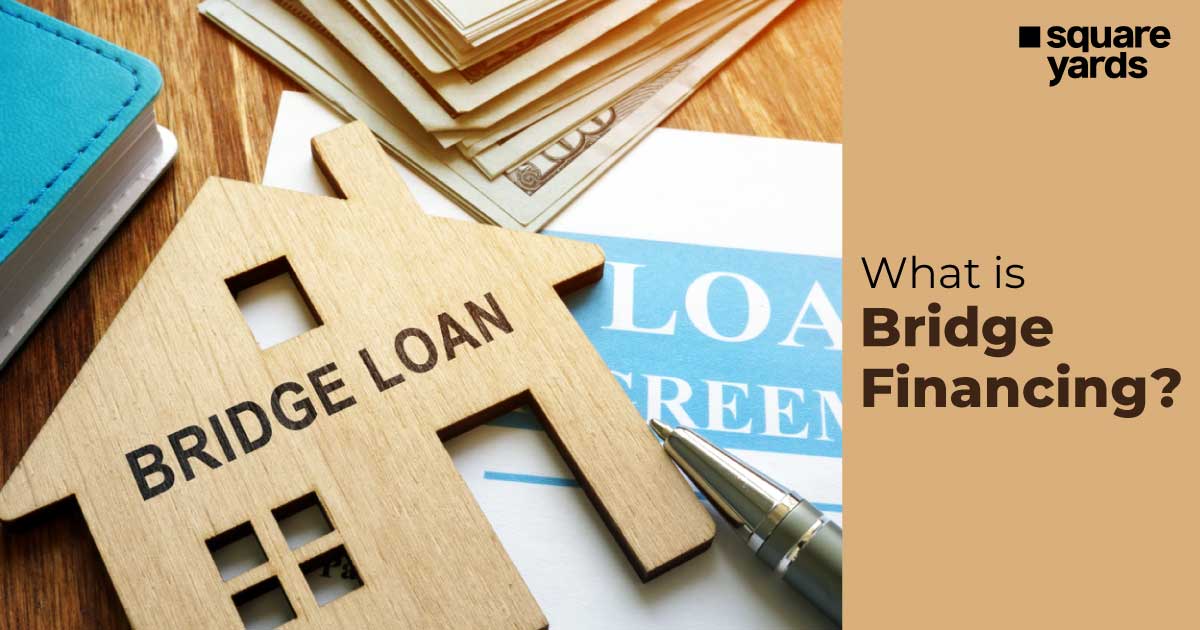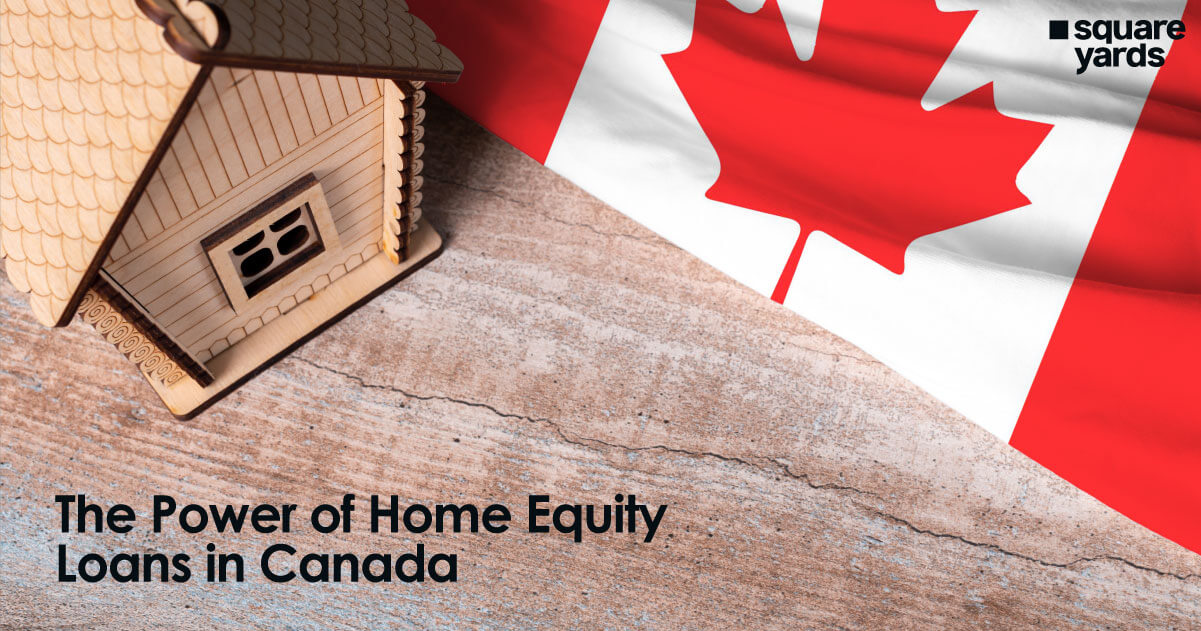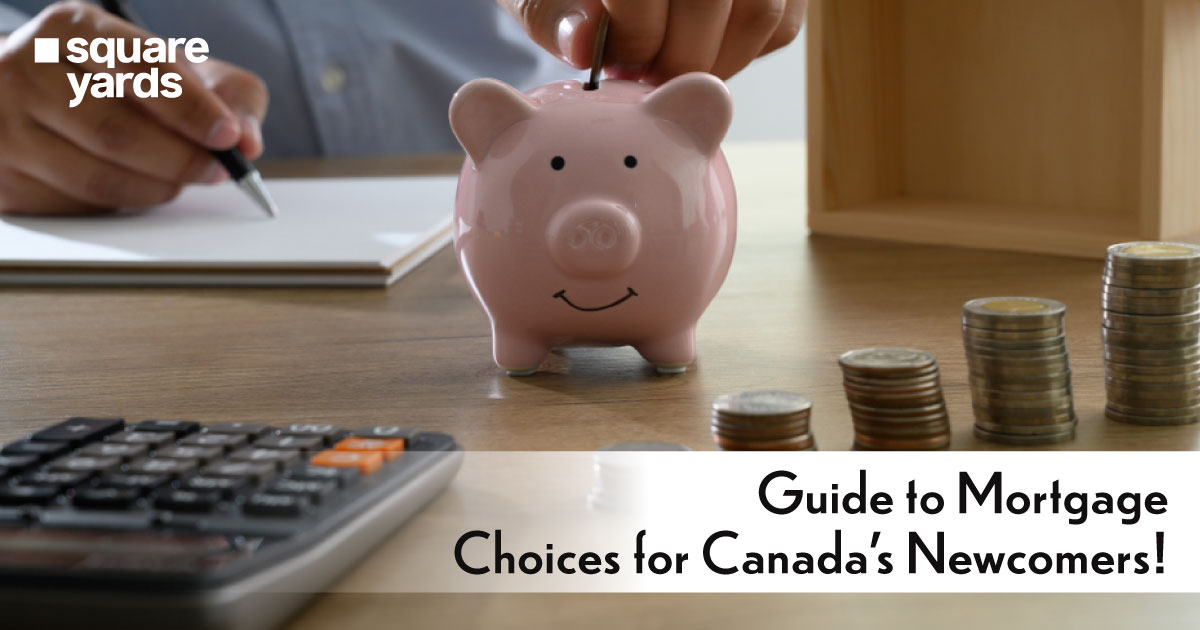Buying and selling a property can be daunting in today’s real estate market. However, familiarity with real estate terminology doesn’t have to be challenging. Like many industries, the real estate world has its unique lexicon, and navigating this dictionary is crucial. Understanding common real estate terms is invaluable for those in the present real estate market to navigate properties confidently. Unravel the real estate terms to decode the complexities of the market by using our real estate terminology sheet.
Real Estate Terms To Know
Whether you are a seller or a buyer, this comprehensive real estate glossary will empower your property-dealing skills. Buckle up with the real estate terms compiled and arranged alphabetically exclusively for you, and enjoy a smooth transaction.
1. Amortisation
Amortisation refers to spreading out a loan or financial obligation repayment over a period. As a real estate term, amortisation refers to reducing a mortgage loan through systematic payments, ensuring the borrower pays off the loan over time in instalments until the debt is fully covered. A lender must discuss the amortisation period, often called ‘amort’. A thorough analysis is required when choosing a longer amortisation period to secure a favourable mortgage rate. Though it appears advantageous, extended amortisation results in higher interest rates. The standard amortisation period in Ontario ranges from 25 to 30 years, with variations available for shorter or longer terms.
2. As-is
In real estate terminology, “As-is” is the condition where the owner sells a property without any guarantee. In addition, items labelled ‘as in’ indicate the seller does not guarantee their functionality. An ‘as in’ property does not come with any warranty about the condition, nor does the seller promise to make repairs or improvements. The buyers must accept the property in its present condition and be responsible for the required repairs or renovations. Hence, buyers must meticulously inspect and assess the property’s condition marked “as in” before deciding.
3. Assessed Value

To calculate property taxes, a tax assessor assigns a value to the property. This value, commonly called ‘assessed value’ in real estate parlance, is determined by various factors, including the property’s location, size, features, and comparable sales. This value might differ from the selling price and helps local authorities determine your property tax. In places like Guelph, where house prices go up quickly, this value may lag behind the selling price, causing tax reviews and increases. Remember, ‘assessed value’ affects your property tax, not your mortgage. A higher assessed value means you’ll likely pay more in taxes.
4. Bully Offer
If you are a seller in a real estate market, the term “bully offer” is a frequently used term from the real estate dictionary. A “bully offer” is when a buyer submits an offer to the seller before the officially scheduled offer date. Following the rise in the anti-bullying movement in schools, it is referred to as a “pre-emptive offer”. This pre-emptive offer by the buyer to secure the property comes with a strategic move of offering a value higher than the market value, persuading the seller not to wait for other buyers.
5. Cashflow Positive
One of the most important real estate terms to know is “cash flow positive”. It means the money you make from renting a property is more than you spend on it. For investors, this is good because it shows the property brings in more money than it costs to maintain. For example, if your rental income is higher than your bills for the property, you have a positive cash flow. But you have a negative cash flow if you spend more on the property than you earn. In places like Guelph and Southern Ontario in Canada, achieving positive cash flow can be tough due to increasing housing costs. The link is clear: the more a property costs, the more rent you need to charge.
6. Chattels (and Fixtures)
Understanding two important real estate terms, chattels and fixtures, is essential. Chattels are items you can move, like lampshades or chairs, while fixtures are fixed to the property and usually stay with it when it’s sold. It’s vital to clearly state what stays and what goes in the property sale agreement to ensure clarity between buyers and sellers. In Guelph, Canada, discussing what is included or excluded from a sale is common practice before talking to potential buyers. It ensures everyone knows exactly what’s part of the deal. Buyers can negotiate over chattels or fixtures as part of the purchase agreement process.
7. Closing Costs

Closing costs refer to the additional fees that buyers and sellers pay on top of the property’s price in the real estate dictionary. These include loan origination fees, appraisal charges, title insurance, attorney fees, and government taxes. Closing costs are paid at the closing of the deal. Buyers typically have to bear the fees charged by lenders, lawyers, land transfer taxes, utilities, and municipal taxes. Land transfer taxes are the largest expense for a buyer. In Toronto, buyers must pay both city and provincial taxes. While sellers don’t pay transfer taxes, they face estate agent commission fees, typically around 5%.
8. Comparative Market Analysis

Comparative market analysis(CMA) is a real estate terminology for reports assessing a property’s current market value, comparing it to similar previous sales data in the same vicinity. This analysis considers the property’s size, features, and location alongside the property’s market value. Realtors use CMA to help sellers determine the competitive value for the property and assist the buyers in bidding an offer. When you consider buying a home and request a home evaluation from a real estate professional, they provide you with a CMA.
9. Closing Date/ Completion Date and Pending Date
The closing date/ completion date represents the final phase of a real estate transaction, with an agreed-upon date between buyer and seller for the legal transfer of the property. The final transaction occurs on the closing date, and the property changes hands. The pending date marks the stage when the buyer and seller move towards the final transaction after a home is sold after fulfilling all the requirements, reducing all the likelihood of a fall through or risks. At this point, exiting the deal stages the risk of losing deposit money for both parties.
10. Conditional Offer
In the real estate dictionary, conditional offers are prerequisites for a buyer to fulfil before an accepted offer. An offer will only be considered final if the aspects of the conditions of a home inspection, securing financing, or selling an existing property are met. The transaction moves towards closing only when all these conditions are fulfilled. Conditional offers are commonplace, but sellers prefer those with a ‘firm offer’ without conditions rather than a buyer with conditions in a robust market. A prevailing trend of ‘firm offers’ is observed in the 519 area code; consultation with a Guelph real estate agent is highly recommended.
11. Down Payment vs Deposit

Down payment and deposit are real estate terms used interchangeably, but they have differing meanings. A down payment is the amount the buyer provides to the bank or lender as part of the mortgage, which usually ranges between 5% and 20% of the purchase price, depending on the lender. On the other hand, a deposit is the money, usually 5% of the purchase price, given by the buyer after the offer is accepted. Traditionally, the deposit money is in the hands of the listing brokerage until it is subtracted from the total purchase price at the deal’s closing.
12. Duplex
In common parlance, a duplex is a building divided into two separate units, either side-by-side or on top of each other, having its own separate entrance, kitchen, bathroom, and living space. Duplex popularity comes from its feature of providing separate space without interference under a single roof. One should be cautious about the legal distinctions involved in a duplex, as some may or may not follow regulations.
13. Escape Clause
An escape clause is a must-know real estate terminology. An escape clause comes with the sale of property condition and typically benefits the seller. The contract allows the seller to escape the agreement if certain conditions are unmet. For example, you are selling a house, and a buyer offers you to buy it with the condition they will buy it only after selling their own home within 30 days. If you agree to the condition, you cannot accept any other offer within this timeframe unless you have an escape clause. However, in the event of a second offer, the seller with an escape clause can escape the first offer, typically within 24-48 hours. During this period, the seller can ask the current buyer to remove their conditions, or else they will accept the second buyer’s offer.
14. Fixed-rate Mortgage and Variable Rate Mortgage

The two most common loan types in Canada are Fixed-rate and Variable-rate mortgages. In a fixed-rate mortgage, the loan’s interest rate remains the same. Contrarily, the interest rate in a variable-rate mortgage may fluctuate during the loan duration, which impacts the mortgage payment. It is important to seek help from a local mortgage broker as they know the details and pricing better.
15. For Sale by Owner (FSBO)
In the real estate dictionary, ” for sale by owner ” refers to a property sold by the owner without the help of an agent. A seller usually sells their home without the help of an agent to save commission fees or service charges. However, it is not a smart choice since it might be challenging, and research also shows that a house sells better when sold by an agent.
16. Freehold vs Condo
Freehold and condo are two real estate terms you need to know. These are two types of townhomes offering unique benefits. In a freehold townhouse, you own the home and are responsible for its repair. On the other hand, in a condo house, you own only the interiors of the unit and the surroundings are commonly held or managed by a committee. Unlike condos, you don’t have to pay a maintenance fee in freehold as you own the house and its land.
17. Holding Offers
Holding offers is another real estate terminology you must familiarise yourself with. In simple terms, it is a strategy used by sellers, usually in a robust market, in which the seller puts a hold on reviewing the offers of a listed property for a specific period and chooses to check them on a particular day. This offer aims to gain more buyers after the property has been listed in the market. At the same time, it allows the buyers to look closely at the property.
18. Home Appraisal
A home appraisal assesses and determines the fair market value of a home by closely inspecting the property to obtain approval for the mortgage. A home appraisal is crucial to getting the best rate, considering the increasing mortgage rate. Home appraisal is a real estate term that hasn’t been used frequently in recent years. However, with the sudden shift in home prices in Guelph, it is heard more often among buyers.
19. Home Inspection
Another term to add to your real estate terminology sheet is home inspection. As the term suggests, a home inspection is usually done by a third-party professional to check the house’s condition for a buyer. A buyer must inspect the home to decide their final transaction and negotiate based on the house’s condition. There are high chances of draining the buyer’s pocket during repairs if proper home inspection is not done.
20. House Hacking
House hacking is the most recent real estate terminology. It is typically a strategy to generate passive income by renting out a part of your home or renovating it to another accessory unit. While putting another unit in the house, consider having a separate entrance for uninterrupted dwellings. With the surge in home prices, house hacking became a common practice in Guelph, Canada. House hacking helps in reducing the expenses associated with a home.
21. Irrevocable Offers
As the term implies, an irrevocable offer is a contract made by the seller or the buyer to ensure timely negotiations. It involves a deadline during which the offer must be accepted and not be accepted later. For instance, if a buyer makes an irrevocable offer by 11 am, the seller must take it before the given time; otherwise, the offer expires.
22. Multiple Representation/ Dual Agency/ Double Ending
Often known as “double ending” in real estate terminology, multiple representation or dual agency is when realtors act as representatives for buyer and seller. In a real estate market, it is frustrating when realtors represent both parties in the same transaction, as they cannot fairly present their interests.
23. Pre-approval Letter
The pre-approval letter, which comes with the mortgage approval, is an agreement that gives an idea of the amount the bank will lend based on the person’s financial conditions. The pre-approval letter outlines the maximum purchase price for a buyer, which the lenders take into account to decide the type of mortgage and its payment. It is important to note that the pre-approval involves only the mortgage, and the taxes part is something a buyer needs to consider on their own, depending on the property bought.
24. Power of Sale or Foreclosure
Power of Sale or Foreclosure are real estate terms that are not probable in Canada. A power of sale occurs when the bank attempts to recover its money by forcing the homeowner to sell off their property. Such cases arise when the homeowner repeatedly ignores the bank’s request. In a power of sale, the homeowner is entitled to any amount left once the debt is repaid. On the other hand, a foreclosure is when the bank takes ownership of the house when the owner refuses to repay. It is a last resort used by banks. The bank sells the property in such cases, and the owner gets nothing.
25. Real Estate Agent vs Real Estate Broker
Often confused and used in exchange for each other, real estate agent or real estate broker are two terms in the real estate terminology that you need to understand. A real estate agent is a job title given to someone who receives a real estate salesperson license. They are permitted to use the brand name of the company they are working for. On the other hand, a real estate broker is a person who can have an independent brokerage firm alongside being a real estate salesperson. A real estate person must undergo additional training to become a broker.
26. Status Certificate
A status certificate is real estate terminology often encountered by condo owners. It is a file of documents related to the unit and the terms and conditions the owner or buyer must abide by. The financial section in a status certificate requires due attention because it indicates whether the condo corporation is healthy. While buying a home, the status certificate must be thoroughly reviewed to understand the components of your condo fees.
27. Title Search
Title search is an option that allows the buyer’s lawyer to access public records about the property before the closing. Every buyer has the legal right to title search, but this is better done with a lawyer’s help. To be precise, this allows a buyer to understand the property better. Although the agent has some knowledge, the lawyer particularly verifies the mortgage on the property, confirms the owner and ensures there is no collateral on the property.
28.Turnkey
One real estate term to know is ‘Turnkey.’ It describes a move-in-ready home fully furnished with amenities like furniture and appliances. The term is also used to indicate a home’s functionality. For instance, a “turnkey” property may indicate a house that does not require renovations and is fully functional.
Summing Up
Knowing real estate terms will enhance your understanding of the real estate market, whether you are a seller or a buyer. However, there is more to the real estate dictionary; you can keep learning to gain confidence in your transactions.
You May Also Read
|
Know The Down Payment on House |
|
|
All The Process of Buying a House |
|
|
Explore The Waterfront Properties Investment |
|
|
Navigate Laneway House in Toronto |
Frequently Asked Questions (FAQs)
Some of the most common real estate terms are Amortisation, Bully offer, Duplex, and Down payment.
In Canada, real estate refers to the land or buildings the person owns or desires to own. Apart from land and buildings, it also includes the professionals involved in real estate and the firm itself.
Residential real estate is the most common type. In Canada, residential real estate is further categorised into houses, condos, and duplexes.
The seven characteristics of real estate are scarcity, improvements, investment permanence, location, immobility, indestructibility and uniqueness. What are the most common real estate terms?
What is real estate in Canada?
What is the most common type of real estate?
What are the 7 characteristics of real estate?


